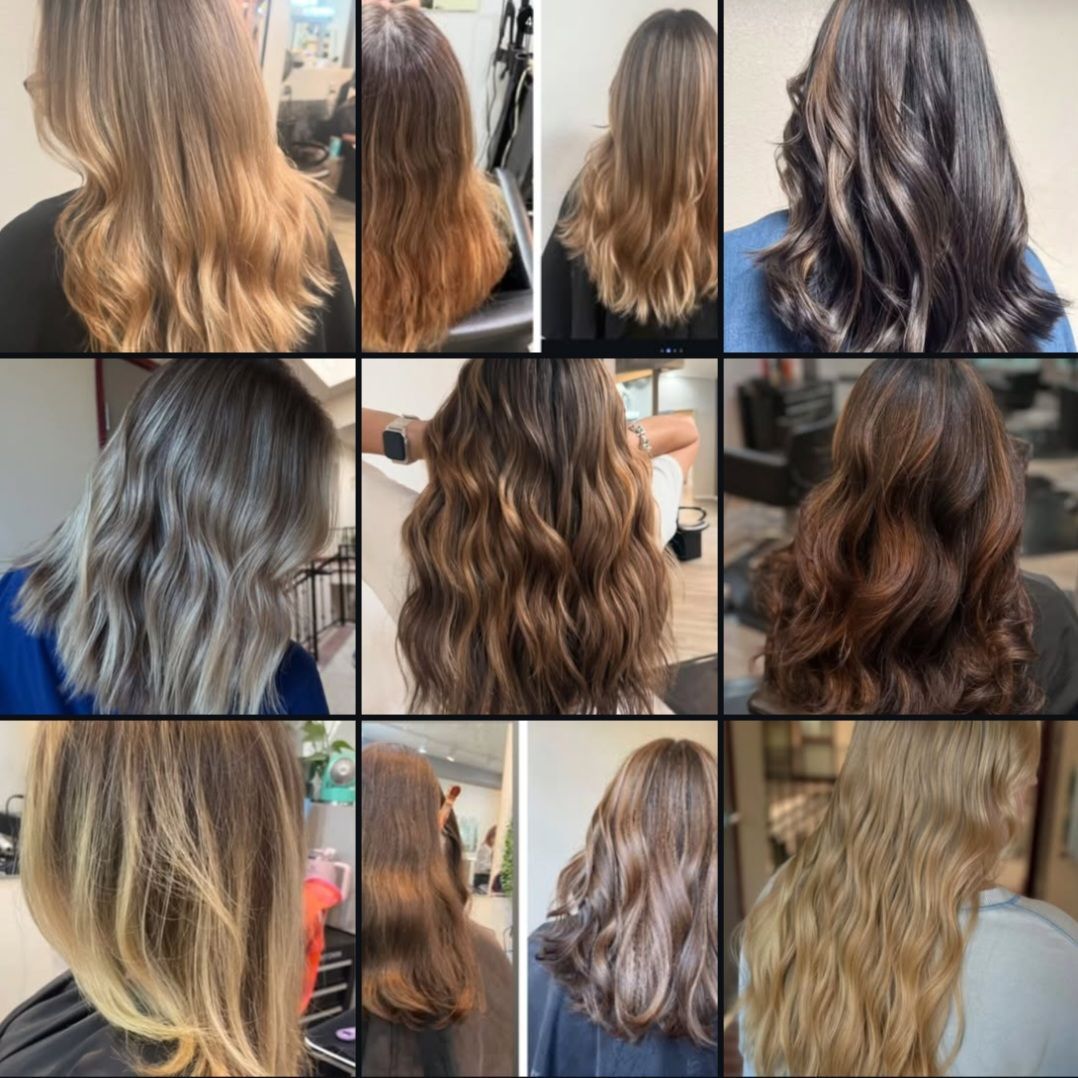Some Benefits of Apple Cider Vinegar
What Apple Cider Vinegar can do for you!
It promotes stable blood sugar.
You know that light-headed, low-energy feeling you sometimes get after chowing down on too many refined carbs? That’s your blood sugar spiking—and then crashing down. The acetic acid found in ACV (and most other types of vinegars, like white vinegar and red wine vinegar) contains anti-glycemic properties, and studies show that consuming apple cider vinegar before a meal can help keep those kinds of spikes at bay. This could, in theory, have something to do with why people who take ACV claim that the stuff boosts their mood and energy.
It can fight bacteria.
ACV has been used to combat infections like ulcers and sores since the time of the ancient Greeks. In fact, there are plenty of studies documenting vinegar’s antimicrobial effects. But just because ACV is capable of fighting bacterial infections doesn’t mean that using it to do so is actually a good idea. Because it’s so acidic, pouring it into your ears for an ear infection or using it on open sores or cuts is almost guaranteed to irritate your skin. It’s not safe to use by itself for a sore throat, either, because it could do more harm than good.
It improves your skin.
Anecdotally, there are plenty of people who say that applying ACV to their faces helps get rid of acne and improve their skin’s texture.
It whitens teeth.
ACV’s antibacterial properties could conceivably help get some plaque and germs off of your teeth.
Luxe Hair Lounge + Day Spa
www.luxe-midtown.com
916-443-1400
2015 J St SAC 95811











